Ecology and Evolution Series: Our Origins
- Date: Fri, 4 Jun - Fri, 6 Aug 2021
- Location: Online
- Cost: FREE
- Contact: Dr Aysegul Birand (+61) 8 8313 5352
- Email: aysegul.birand@adelaide.edu.au

Image: Fragmented cranium and mandible of Australopithecus africanus (Sts 52), by Luca Fiorenza
Join us to explore our origins while we celebrate the 150th Anniversary of Charles Darwin's book The Descent of Man, and Selection in Relation to Sex.
With leading researchers from around the globe, we have a fascinating collection of talks presenting the latest developments and discoveries on various aspects of human evolution.
These free, online seminars are hosted by a handful of researchers who donate their time on behalf of the University of Adelaide, for our environmental science and evolutionary biology community around the world. We hope you can join us!
Our Origins - Celebrating the 150th Anniversary of The Descent of Man
- Friday June 4 - 11.30am to 1pm*
- Friday July 2 - 3pm - 4.30pm
- Friday August 6 - 3pm - 4.30pm
Our seminars are held in Adelaide time - ACDT (UTC +10:30).
Friday June 4
*Note different time slot: 11:30am to 1:00pm ACDT
Distinguished Professor Sergey Gavrilets
Department of Ecology & Evolutionary Biology; Department of Mathematics; and Director, Center for the Dynamics of Social Complexity (DySoC) - University of Tennessee
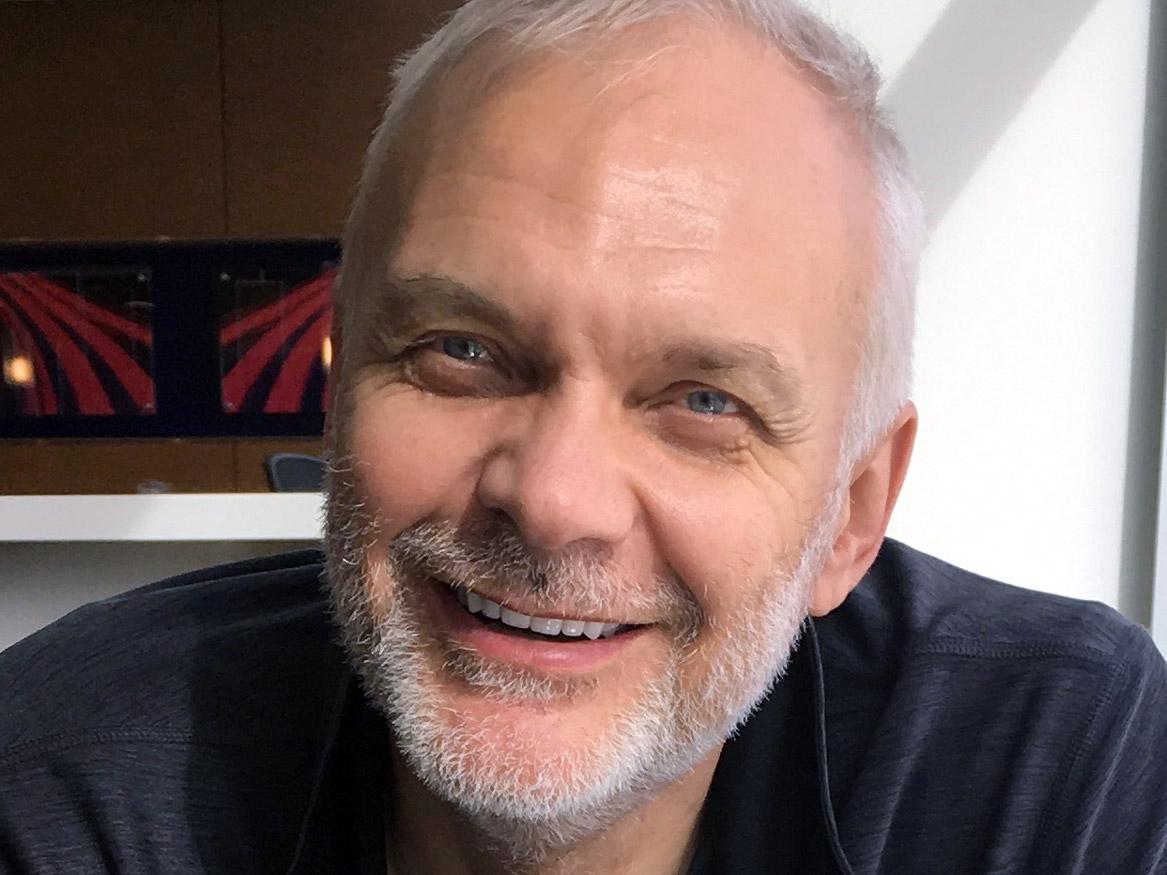
"Modern theories of human origins and Darwin's Descent of Man"
Sergey is a leading researcher in theoretical and computational evolutionary biology with extensive international collaborations. He uses mathematical models and agent-based simulations to study complex evolutionary processes in biological and social systems. His recent work focuses on human origins, social evolution, social complexity, collective action, and cliodynamics - the emerging transdisciplinary science of quantitative history. He is a recipient of a 2008 Guggenheim Foundation Fellowship and a Fellow of the American Academy of Arts and Sciences.
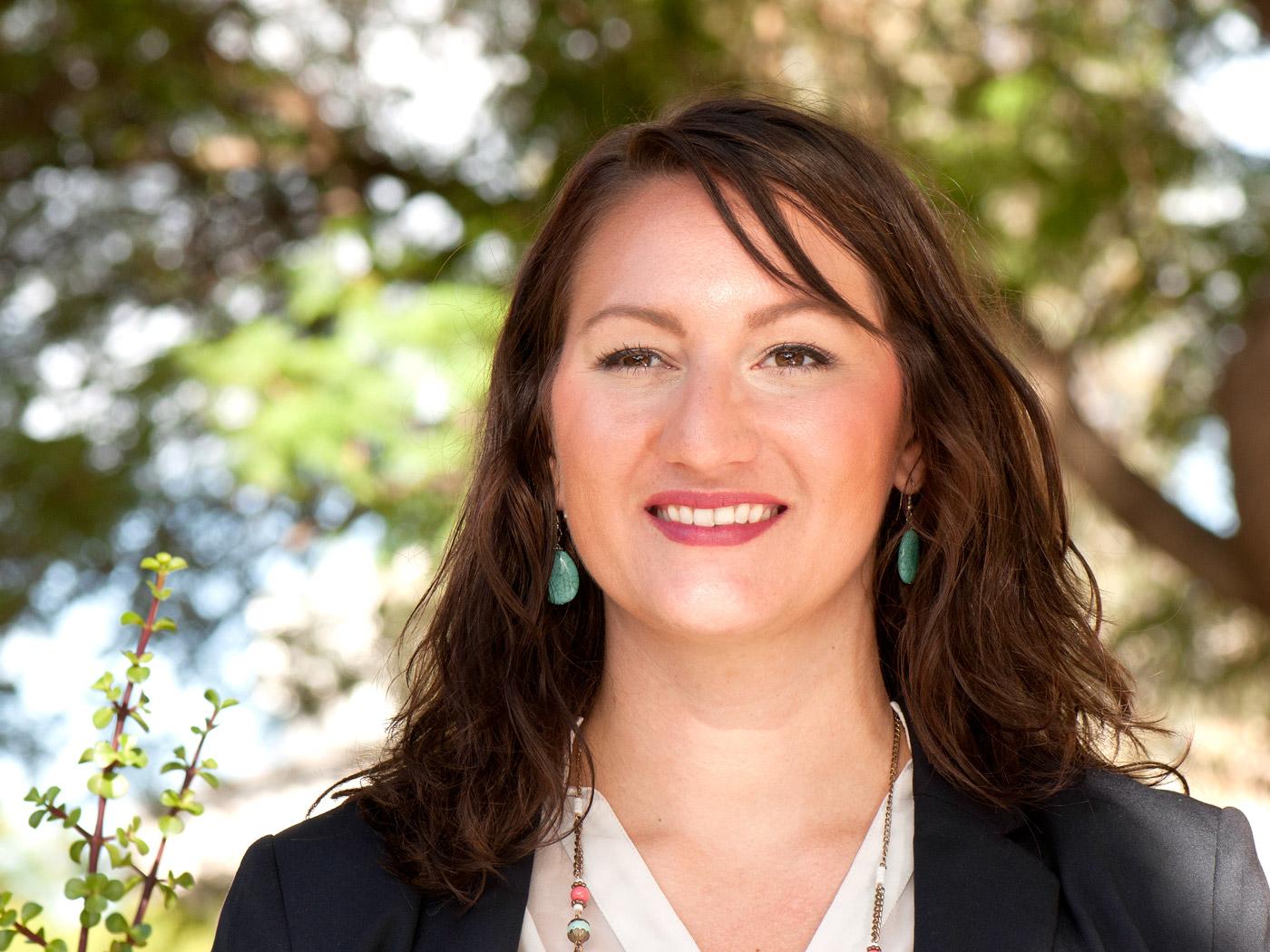
Associate Professor Laura S. Weyrich
Department of Anthropology - Pennsylvania State University
"The evolution of our microbes and what this means for health, happiness, and the future"
Laura uses calcified dental plaque to reconstruct ancient human oral microbiomes. Her team was the first to reconstruct the microbiome of Neanderthals. She is now reconstructing the evolutionary history of the human oral microbiome on six continents, obtaining insight into our ancestors' lifestyles.
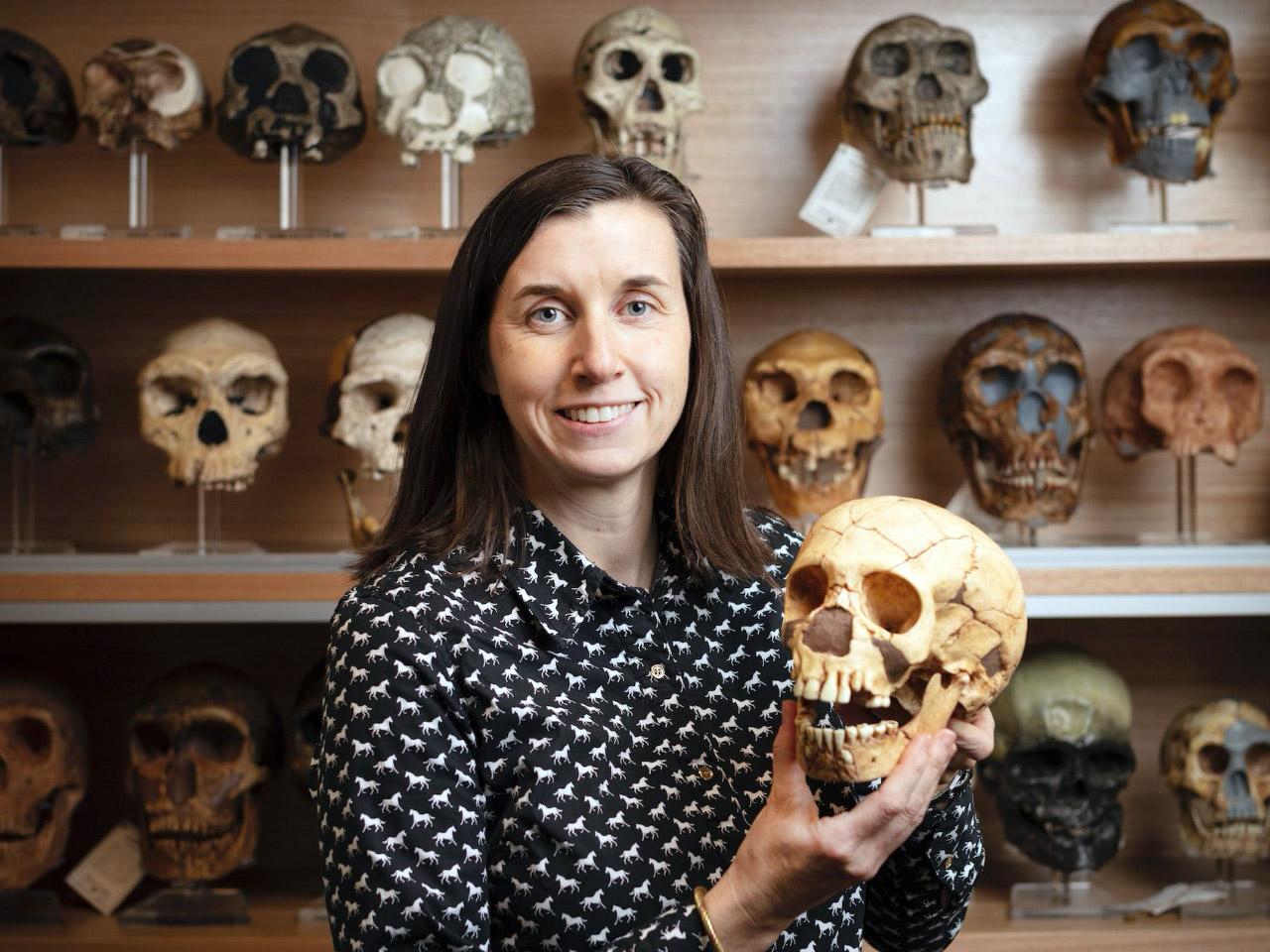
Professor Tanya Smith
Australian Research Centre for Human Evolution; and Griffith Centre for Social and Cultural Research - Griffith University
"Tales teeth tell: Wintertime stress, nursing, and lead exposure in Neanderthal children"
Tanya works primarily on tooth microstructure. Her research has led to a major revision in the understanding of understand dental development in chimpanzees, and has demonstrated that living and fossil Homo sapiens have a prolonged period of dental development in comparison to Neanderthals and earlier hominins.
Friday July 2

Associate Professor Luca Fiorenza
Monash Biomedicine Discovery Institute; Department of Anatomy & Developmental Biology - Monash University
"The impact of seasonal changes on growth and development in Australopithecus africanus"
Luca's research focuses on functional morphology of the masticatory apparatus in human and non-human primates, and on the importance of the role of diet in human evolution. He has been listed among the Australia's Top Researchers by The Australian's Research 2020 Magazine as Leader in the field of Anthropology.

Associate Professor Mehmet Somel
Department of Biological Sciences - Middle East Technical University
"Neolithic societies in the light of ancient genomes"
Mehmet is a computational biologist, with main research interests on human evolution and aging. He uses comparative transcriptome, genome, population genetics and ancient DNA analyses. His recent research is concentrated on archaeogenomics of humans and domestic animals and population genomics.
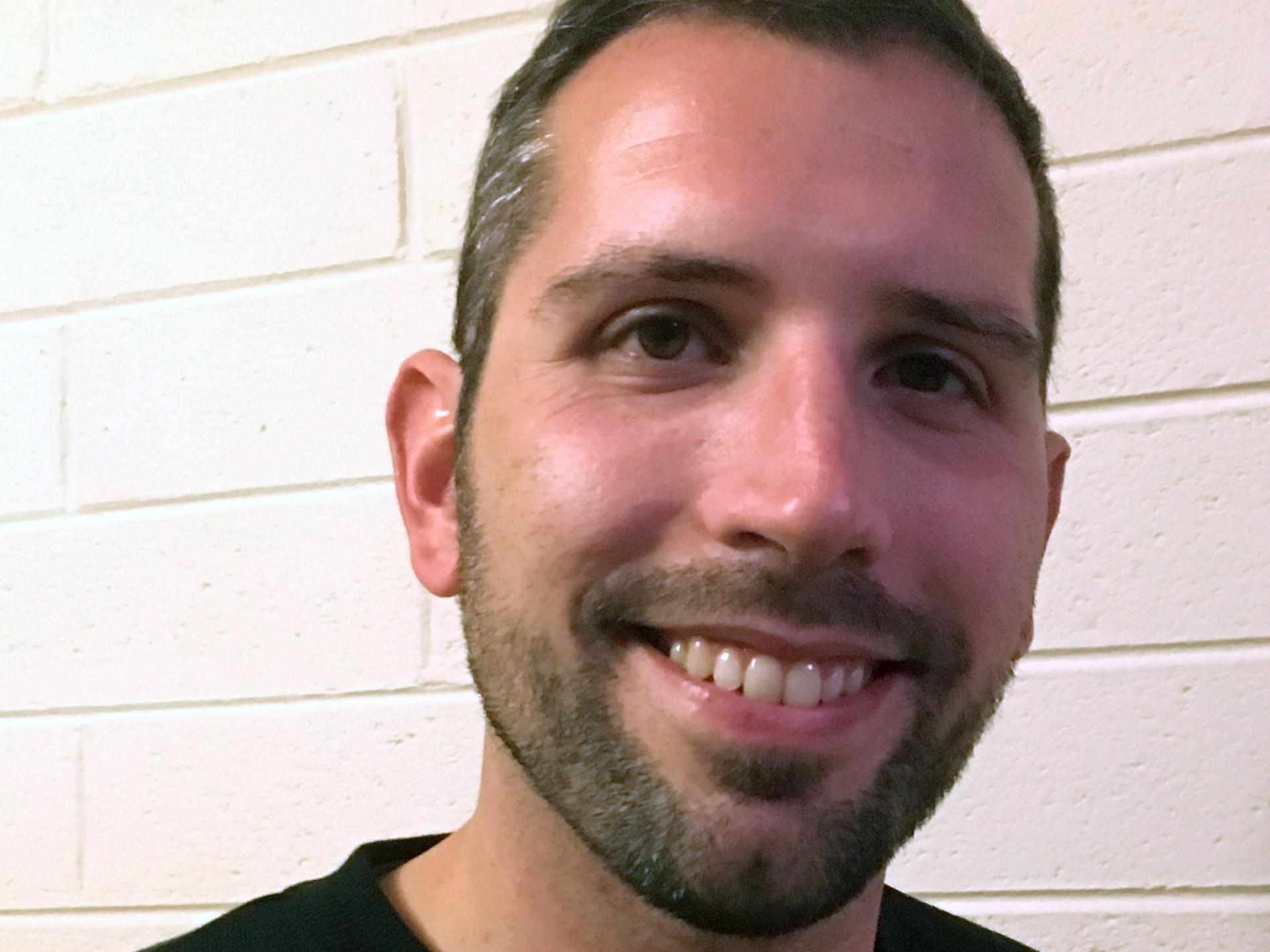
Dr João C. Teixeira
DECRA Fellow, Evolution of Cultural Diversity Initiative; School of Culture, History and Language - Australian National University
“Modern human encounters with Denisovans in Island Southeast Asia”
João's research combines population genetics, ancient DNA, bioinformatics, statistics and anthropology to study the origin and evolution of the human species. He currently focuses on Pleistocene human evolution, human population adaptation to environmental change and historical human migrations in Europe and the Americas.
Friday August 6
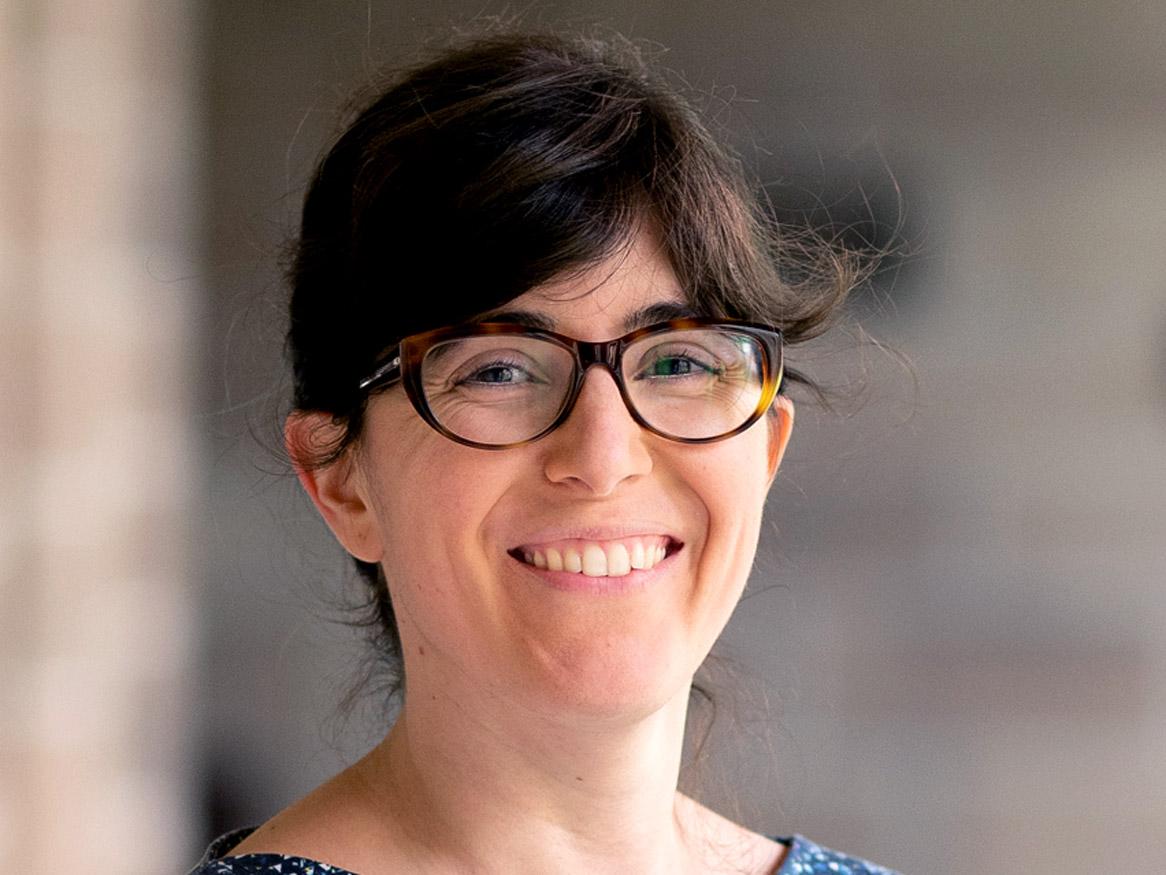
Dr Irene Gallego Romero
Melbourne Integrative Genomics - University of Melbourne
"What have the Denisovans ever done for us, anyhow?"
Irene studies the contributions of gene regulatory change to human and primate evolution. Her recent research has focused on the evolutionary challenges of peopling Island Southeast Asia, with particular focus on the population genomics of the Indonesian archipelago.

Associate Professor Erol Akcay
Department of Biology - University of Pennsylvania
"Coevolution of social networks, cooperation, and cumulative culture"
Erol is a theoretical biologist interested in the evolution of complex biological and social organisation. He works on how individuals with conflicting interests evolve to cooperate with each other, in contexts varying from plant-microbe mutualisms to animal and human behavior.

Associate Professor Bastien Llamas
School of Biological Sciences - University of Adelaide
"Paleogenomics: a genomic view of the past to understand the present"
Bastien uses ancient DNA to build detailed genetic time series across millennia to trace human expansion around the world. He is an ARC Future Fellow at the University of Adelaide as well as a Visiting Fellow at ANU’s National Centre for Indigenous Genomics.
